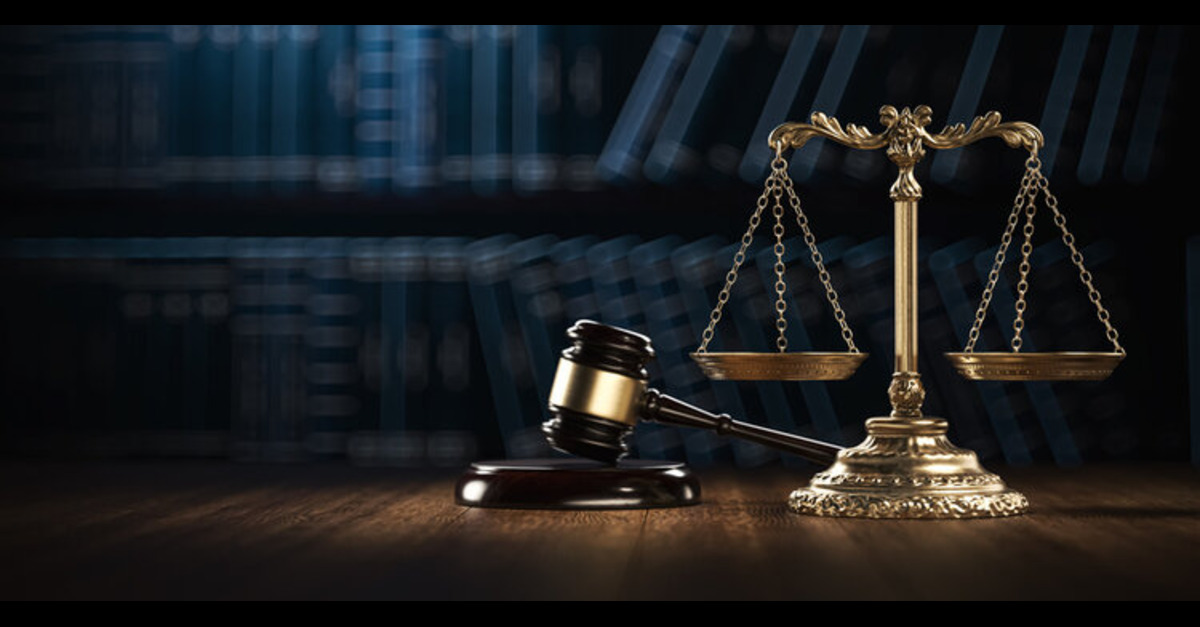JUDGMENT REVIEW
Case Name: Rajni v. State of Uttar Pradesh & Anr.
Case Number: Criminal Appeal No. 603/2025 with Crl.A. No. 2569/2025
Date of Judgment: 20 May 2025 (Order correction on 23 May 2025)
Quorum: Justices B.R. Gavai and Sandeep Mehta
FACTUAL BACKGROUND
This appeal was brought by the appellant Rajni against her extended custody and rejection of her bail plea in Crime Case No. 11/2020, a serious penal provision case. The allegations were of criminal conspiracy and forgery, on which she was detained. When a charge sheet was presented and extended detention followed, the High Court dismissed Rajni’s bail plea, and she came to the Supreme Court.
One of the major problems concerned a typographical mistake in the High Court’s order. The order had incorrectly mentioned Miscellaneous Case No. 9/2000 in Crime Case No. 11/2000, when it should have mentioned the proper Miscellaneous Case No. 9/2020 in Crime Case No. 11/2020. This was a clerical mistake that had created procedural doubt and delay in deciding the grievance of the appellant.
ISSUES FOR DETERMINATION
- Whether denial of bail and extended detention amounted to violation of appellant’s fundamental rights under Article 21 of the Constitution?
- Whether typographical mistakes in the High Court order prejudicially impacted the appellant’s legal remedy?
LEGAL PROVISIONS
- Article 21, Constitution of India
- Sections 437, 439, Code of Criminal Procedure, 1973
APPELLANT’S CONTENTIONS
The appellants submitted that she was detained illegally for an unreasonable period for no valid purpose, considering that the investigations were over and charge sheet filed. Her learned counsel submitted that a typographical error in the impugned judgment rendered her unable to effectively challenge the denial of bail, thus violating her right to legal remedy as well as individual liberty. She was also considered cooperative with the investigation and was said to pose no threat to the administration of justice.
RESPONDENT’S CONTENTIONS
The State of Uttar Pradesh, opposing the grant of bail, argued that the cognizable offense involved forgery and criminal conspiracy and that the release of the accused would tend to jeopardize the judicial process. The prosecution submitted that the flaw was trivial and affected neither the merits of the case nor the soundness of the reasons given by the High Court in refusing bail.
ANALYSIS
Justice implied that under Article 21, liberty is inviolable and courts must be cautious in ensuring that such technicalities do not infringe upon this liberty. The Court took note of a typographical mistake appearing in paragraphs 27 and 29 of the High Court order, where the case was wrongly referred to as Misc. Case No. 9/2000 as against the correct Misc. Case No. 9/2020. This clerical error had created some doubt and had certainly delayed procedural justice for the appellant.
Emphasizing the need for accuracy in judicial orders, the Court held that such typographical errors, although clerical, can cause a miscarriage of justice. Such an order of the Court was sent to the Registry along with a direction to correct the mistake. The Supreme Court also went into the merit of denying bail and held that the period of pre-trial detention was very long, there was no risk of tampering with evidence, and investigation was complete, so the granting of bail was well warranted.
JUDGMENT
The Supreme Court allowed the appeals. It ordered the correction of the typographical error in the High Court’s judgment and directed the release of the appellant on bail, subject to appropriate conditions.The Registry was instructed to make the required corrections and inform the involved courts in time.
CONCLUSION
This decision once more maintains the Court’s devotion to upholding individual freedom and procedural justice. It shows the manner in which a slight mistake can affect access to justice, and how the judiciary is obligated to rectify such anomalies to establish the rule of law. This decision reminds us of the interconnected highest priority of judicial prudence and the compulsions of protecting individual rights against inadvertent procedural transgressions.
“PRIME LEGAL is a full-service law firm that has won a National Award and has more than 20 years of experience in an array of sectors and practice areas. Prime legal falls into the category of best law firm, best lawyer, best family lawyer, best divorce lawyer, best divorce law firm, best criminal lawyer, best criminal law firm, best consumer lawyer, best civil lawyer.”
WRITTEN BY HARINI S


